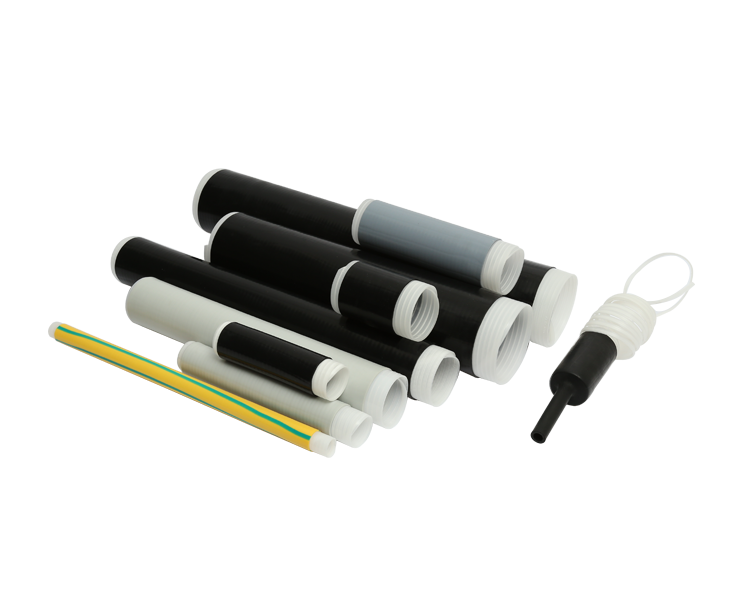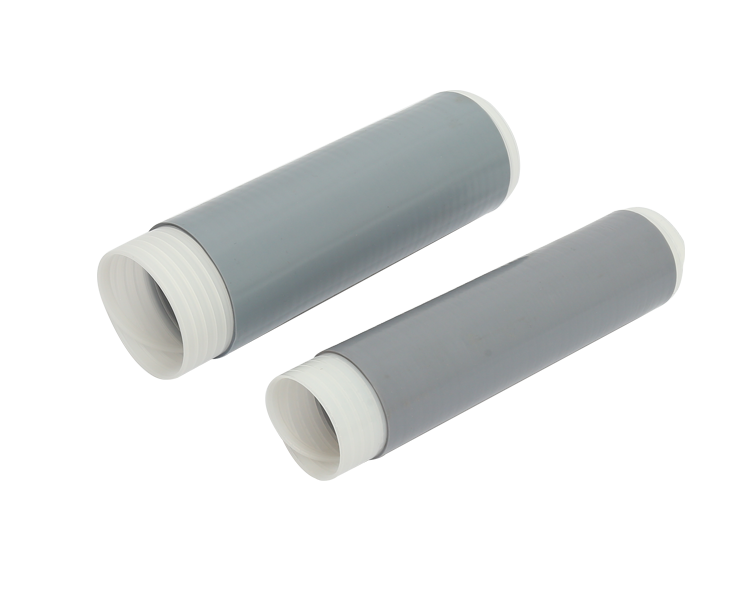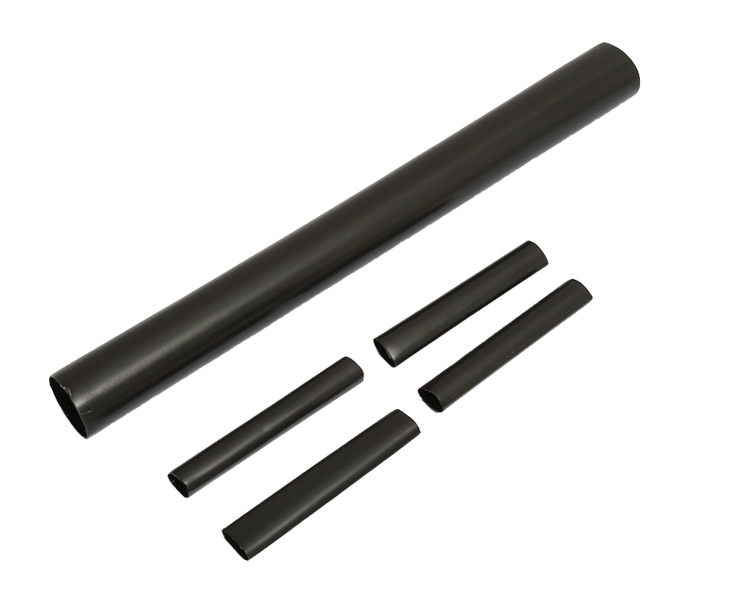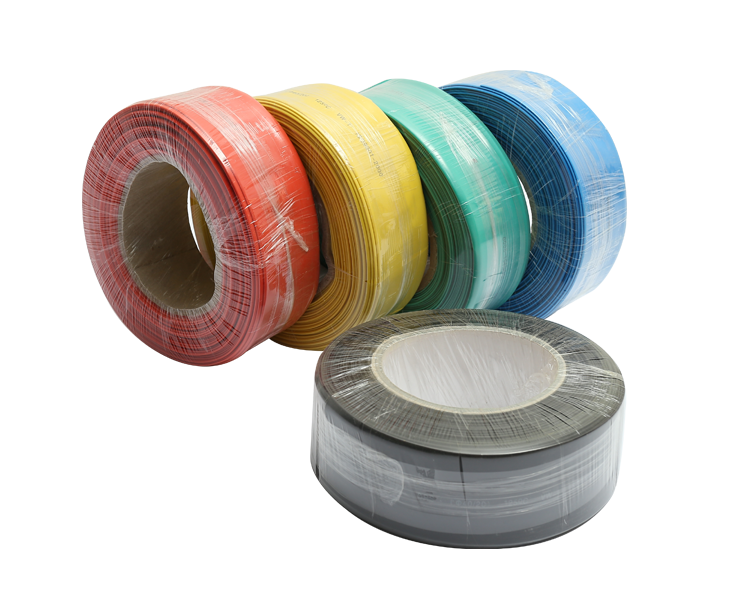In the world of electrical engineering and cable manufacturing, the choice of cable material plays a pivotal role in ensuring safety, reliability, and optimal performance. Two prominent contenders in this arena are Silicone Rubber Cables and Ethylene Propylene Rubber Cables. Both have unique properties and advantages, making them suitable for specific applications.
Silicone Rubber Cables:
Silicone rubber cables are known for their exceptional heat resistance and flexibility. These cables are manufactured using silicone rubber as an insulation material, which offers high thermal stability. Silicone rubber can withstand a wide temperature range, from extremely low to high temperatures, without compromising its mechanical properties. This attribute makes silicone rubber cables ideal for applications in harsh environments, such as industrial settings and outdoor installations.
Advantages of Silicone Rubber Cables:
1. Temperature Resistance: Silicone rubber cables can operate effectively in temperatures ranging from -60°C to 180°C (-76°F to 356°F). This makes them suitable for use in both freezing cold and scorching hot conditions.
2. Flexibility: The inherent flexibility of silicone rubber allows for easy installation even in tight spaces or areas with complicated cable routing.
3. Chemical Resistance: Silicone rubber exhibits excellent resistance to various chemicals, oils, and solvents, enhancing the cables' durability and lifespan.
4. Electrical Insulation: These cables offer reliable electrical insulation, which is crucial for preventing leakage and ensuring safe power transmission.
5. UV and Weather Resistance: Silicone rubber cables are resistant to UV radiation and weathering, making them suitable for outdoor and UV-exposed applications.
6. Longevity: The robust construction and high-quality insulation of silicone rubber cables contribute to their long service life, reducing maintenance requirements.
Applications of Silicone Rubber Cables:
1. Industrial Machinery: Silicone rubber cables are commonly used in industrial machinery and equipment where high temperatures and harsh conditions prevail.
2. Renewable Energy: Solar panels and wind turbines often require cables that can endure varying weather conditions, making silicone rubber cables an excellent choice.
3. Automotive Sector: The automotive industry utilizes silicone rubber cables for their engine compartments due to the cables' ability to withstand extreme temperatures.
4. Aerospace: In aerospace applications, silicone rubber cables can withstand the temperature fluctuations experienced during flight.
Ethylene Propylene Rubber Cables:
Ethylene Propylene Rubber (EPR) cables are also popular in various industries due to their unique set of properties. EPR is a synthetic rubber that offers good electrical conductivity and insulation characteristics. These cables are known for their resistance to environmental factors and their ability to maintain their integrity over extended periods.
Advantages of Ethylene Propylene Rubber Cables:
1. Environmental Resistance: EPR cables exhibit excellent resistance to environmental factors such as sunlight, ozone, and moisture, ensuring reliable performance in outdoor conditions.
2. Electrical Conductivity: EPR has inherently good electrical conductivity, making these cables suitable for applications that require efficient power transmission.
3. Flexibility: EPR cables retain their flexibility even at lower temperatures, allowing for easy installation and flexibility in cable routing.
4. Durability: The durability of EPR cables makes them a preferred choice for applications where cables might be subjected to physical stresses or frequent movement.
5. Corrosion Resistance: EPR cables resist corrosion from chemicals and oils, further extending their lifespan.
6. Water Resistance: These cables maintain their performance even when exposed to moisture, making them suitable for underground and submerged applications.
Applications of Ethylene Propylene Rubber Cables:
1. Power Distribution: EPR cables are commonly used in power distribution networks due to their high electrical conductivity and ability to handle high voltage levels.
2. Mining: The mining industry benefits from EPR cables' durability and resistance to abrasion and harsh conditions.
3. Marine: Ethylene Propylene Rubber cables find applications in marine environments where they can withstand saltwater exposure and humidity.
4. Construction: EPR cables are utilized in construction sites for temporary power supply and situations where the cables might be subject to mechanical stress.
In conclusion, both Silicone Rubber Cables and Ethylene Propylene Rubber Cables have their own unique strengths and applications. The choice between these two types of cables depends on the specific requirements of the application. Silicone rubber cables excel in high-temperature environments, while Ethylene Propylene Rubber cables shine in their resistance to environmental factors. Engineers and industries must carefully evaluate their needs to select the cable type that will ensure optimal performance, safety, and longevity in their respective applications.

 English
English 简体中文
简体中文



